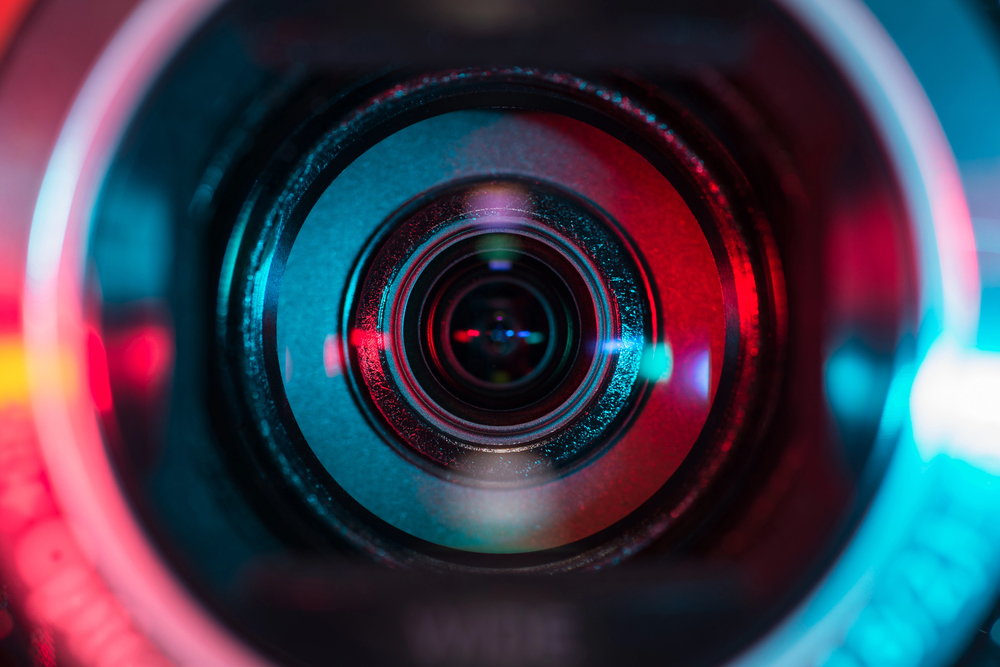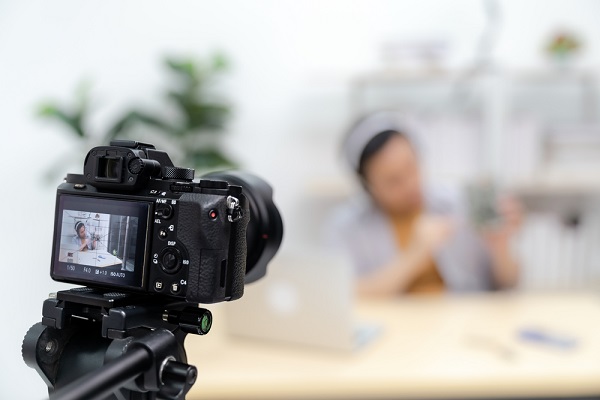QBE Introduces Media Liability Endorsement
The endorsement extends coverage to legal actions involving consumer protection statutes, even when claims are not tied to other perils—a risk often excluded by traditional media liability policies.

The endorsement extends coverage to legal actions involving consumer protection statutes, even when claims are not tied to other perils—a risk often excluded by traditional media liability policies.

Almost every single company creates content for themselves or clients, from ads or written content to podcasts or social media posts.

For independent agents working within the media liability niche market, the proliferation of generative AI has created a fluid and complex environment.

Defending the cost of a media liability suit can be financially devastating for a company. Its never been more important for agents to work with clients to identify potential areas of risk.

More and more content is being created by social media influencers, many of whom are unaware of the extent of their liability exposure.

The product focuses on defamation, libel and slander, infringement of copyright and trademark, as well as other content-related exposures for small to medium-sized enterprises.
As the client base for media liability insurance continues to broaden, here are three approaches you should probably avoid when prospecting for new business.

In the years ahead, digital channels will only continue broadening media liability exposure for all types of clients. Take advantage of the opportunity by prospecting for this business in these nontraditional places.

Independent agent Mike Davis is a third-generation insurance agent. When Georgia passed a tax credit incentive for film and television production in the late 2000s, “we saw a huge opportunity,” he says.
As digital media continues to expand platforms for traditional publishers like newspapers and magazines, the publishers liability insurance market faces new challenges.
